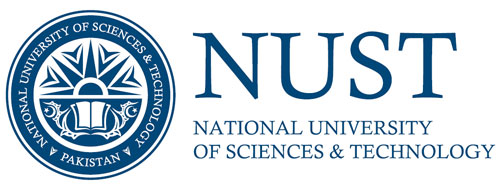The National University of Sciences and Technology (NUST) on Thursday organised first-ever part-nership for climate action (PCA-2023) conference, in Islamabad.
The conference titled “Science for Sustainability,” was held in collaboration with Deutsche Gesellschaft for Internationale Zusammenarbeit (GIZ), German Red Cross, Pakistan Red Crescent, International Federation of Red Cross, International Rescue Committee and Welt Hunger Hilfe.
The prime objective was to bring together and con-nect youth, academia and other stakeholders to build meaningful partnerships towards addressing climate change challenges.
The conference also provided an opportunity to NUST to showcase its climate resilient technologies for potential deployment and commercialization, and closely engage with stakeholders from the Gov-ernment and Development Sector to accelerate pro-gress towards a sustainable future.
NUST Pro-Rector Research, Innovation & Com-mercialization Dr Rizwan Riaz said that the university took its social responsibility seriously and had aligned all its core functions to the UN Sustainable Development Goals.
Most significantly, he maintained, the NUST was proactively engaged in developing innovative tech-nologies and devices to address the challenges of climate change.
He also highlighted the importance of Partnership for Climate Action, a platform to share best practices, collaborate on new initiatives, and leverage collective resources to drive progress.
He added that the NUST Climate Action Plan was an important step towards making a real impact.
The three-day event spanned across climate action policy simulation, youth activity, expert panel dis-cussions, conference and exhibition, followed by the launch of Climate Action Plan and MoU signing.
The Climate Action Plan formulated by NUST Re-search Directorate entails strategy for reducing greenhouse gas emissions within and beyond uni-versity and mitigate the impact of climate change.
The two main panel talks on the second day provided information on national and international root causes of climate change, actions to overcome the challenges by promoting renewable energy, energy efficiency and sustainable transportation.
The panelists included Director Policy & Governance WWF, Dr Imran Khalid, Member NUST Climate Panel, Ali Shah and Oxford Policy Management Institute, Maheen Zahra.
The second panel discussion, moderated by NUST, Ameera Adil focused on the role of academia in climate resilience and sustainable development, the importance of green land, establishing energy
efficient measures; ensure net zero campus waste, and implementation of renewable energy generation plan.










